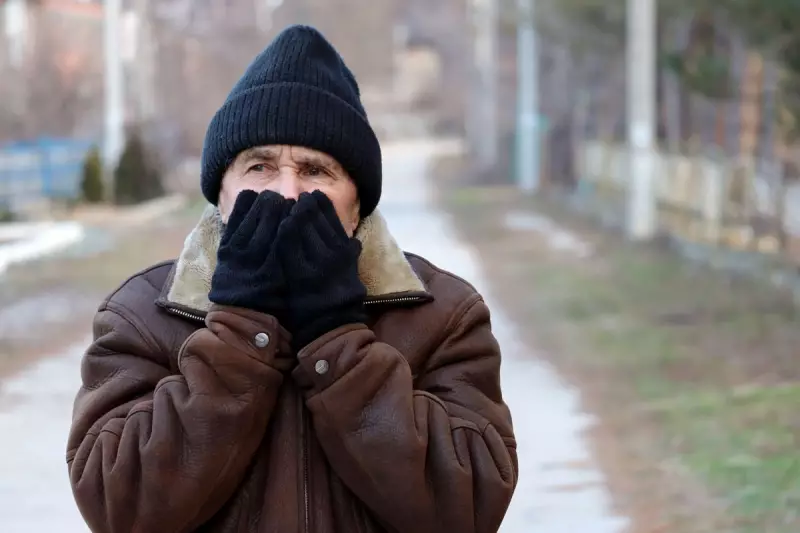
As an amber weather warning blankets northern England in snow and temperatures plummet across the UK, a leading GP has detailed the significant physical impacts of winter weather and provided essential advice for maintaining wellbeing.
How Cold Weather Targets Your Health
Dr Claire Agathou, co-founding GP of the A–Z General Practice at The Wellington Hospital, part of HCA Healthcare UK, explains that the current cold snap creates multiple challenges for our bodies. The sudden temperature drop can intensify effects on everything from your immune system to your cardiovascular health.
1. Immune System Under Pressure
Cold weather creates ideal conditions for viruses to thrive and spread. "Viruses survive and circulate more easily in cold, dry air, while we tend to spend more time indoors increasing close contact and transmission," Dr Agathou explains.
She adds that cold air reduces the nose's natural defences by slowing mucus production and the tiny hairs called cilia that trap viruses. Sudden temperature drops can also increase stress hormones, temporarily reducing immunity, leading to more coughs, flu and respiratory infections during winter.
2. Cardiovascular Strain
"Cold weather causes vasoconstriction, where blood vessels narrow, especially in hands, feet and skin," says Dr Agathou. This phenomenon increases blood pressure, heart rate and overall cardiac workload.
People with existing heart conditions, hypertension, diabetes and smokers face particular vulnerability to these cardiovascular effects during cold spells.
3. Respiratory Challenges
Cold, dry air irritates airways and can trigger bronchospasm - sudden tightening of airway muscles. This creates chest tightness, breathlessness or coughing fits, especially when moving quickly from warm to cold environments.
People with asthma or COPD experience heightened risk as their already inflamed airways react more strongly to cold exposure. "Their airways are more likely to experience wheezing, coughing or breathlessness during colder months," Dr Agathou explains.
4. Skin Conditions Flare Up
Winter conditions frequently trigger eczema outbreaks due to combined dry cold air and indoor heating. "This combination reduces skin barrier function, increases water loss and creates irritated patches of inflamed skin," says the GP.
Even people without severe eczema can experience dry skin, itchiness and inflammation. Cold temperatures also commonly trigger Raynaud's flare-ups, where blood vessels in fingers and toes overreact to cold, causing colour changes and throbbing pain.
5. Joint Pain and Stiffness
Reduced blood flow to muscles and soft tissues in cold weather increases general stiffness. Combined with decreased winter activity, this significantly worsens joint pain, particularly for arthritis sufferers.
Dr Agathou notes that cold weather makes nerve endings more sensitive, amplifying pain signals for those with osteoarthritis, rheumatoid arthritis or chronic pain conditions.
Expert Tips for Winter Wellness
Dr Agathou provides practical advice for staying healthy during the UK's cold snap:
Dress strategically in multiple thin layers rather than single thick items, as layers trap heat more effectively. Always cover your head and hands where significant body heat escapes.
People with respiratory conditions should never leave home without prescribed inhalers, as sudden temperature changes can trigger symptoms without warning.
Despite reduced thirst sensation in cold months, maintaining hydration remains crucial for supporting immunity and energy levels.
Nutrition plays a key role in winter health. "Take time to ensure you're getting proper nutrition through warm meals with adequate protein and vitamin D," advises Dr Agathou.
Regular movement supports circulation, immunity and reduces joint stiffness, though people with respiratory conditions should exercise caution outdoors in extreme cold which could worsen symptoms.
Keep homes heated to at least 18 degrees Celsius, particularly for elderly residents. Finally, check eligibility for flu and Covid boosters with your GP, especially if you belong to vulnerable groups.






